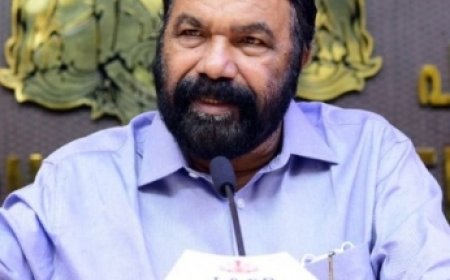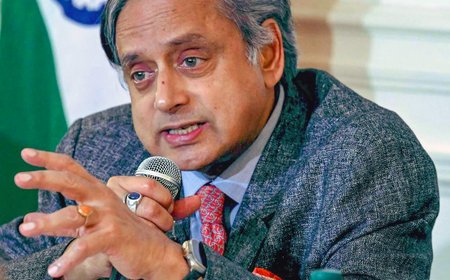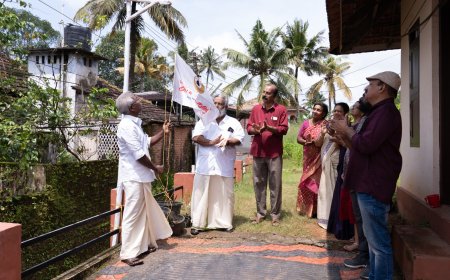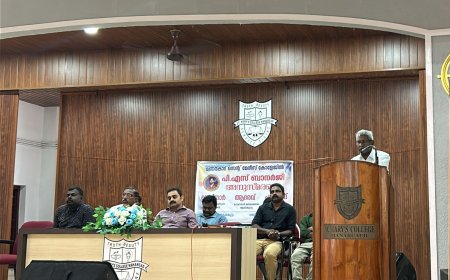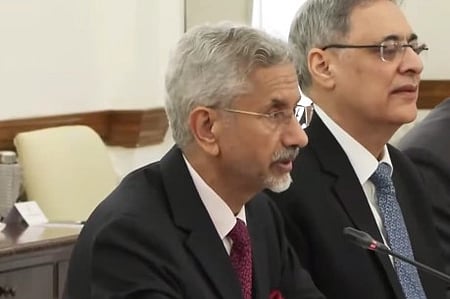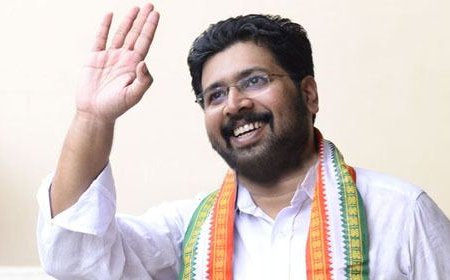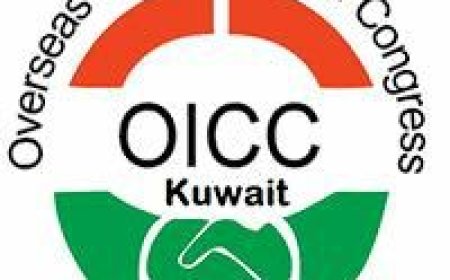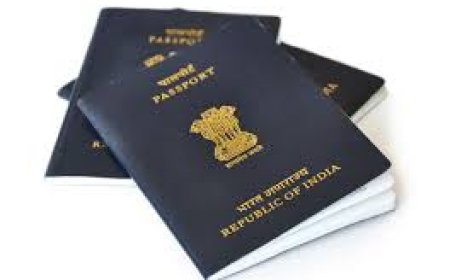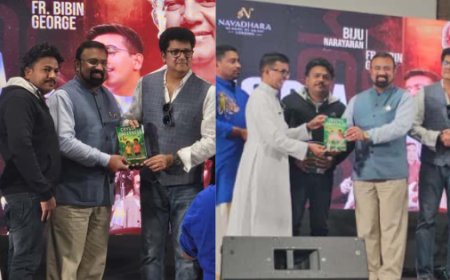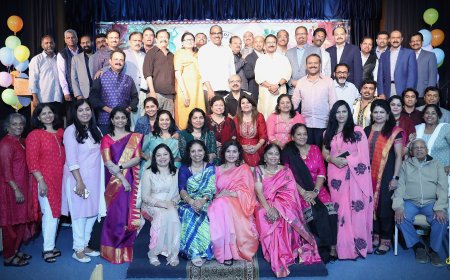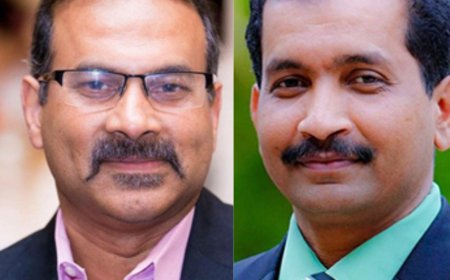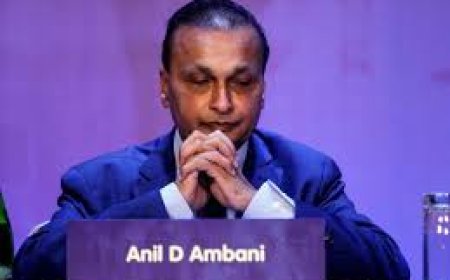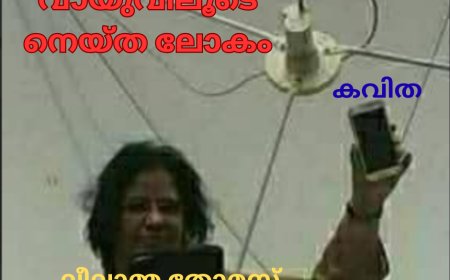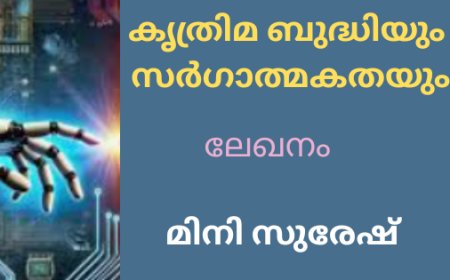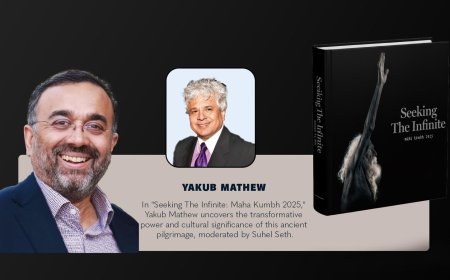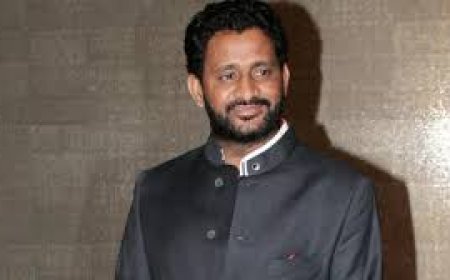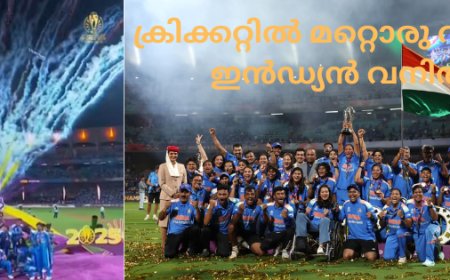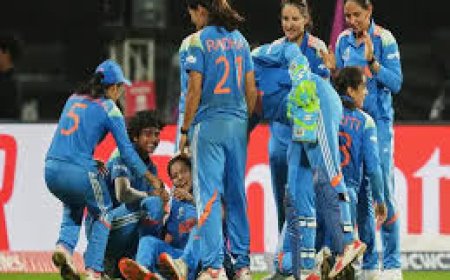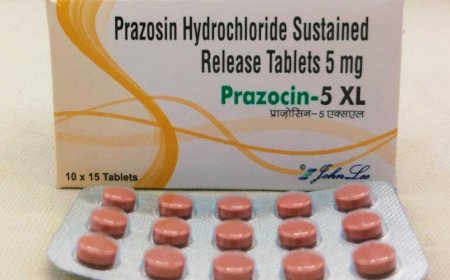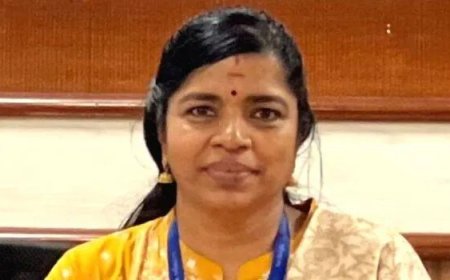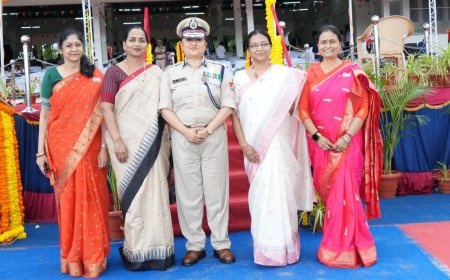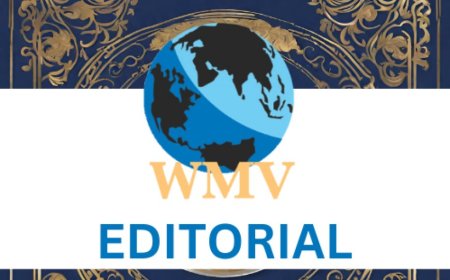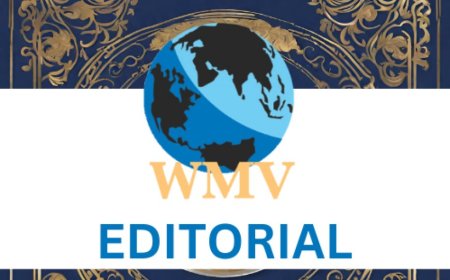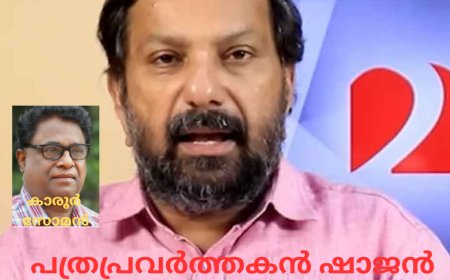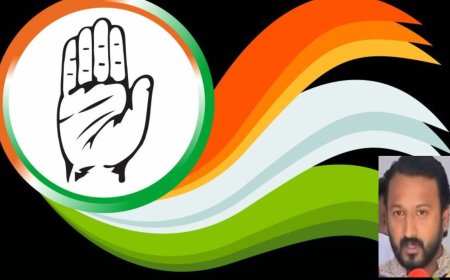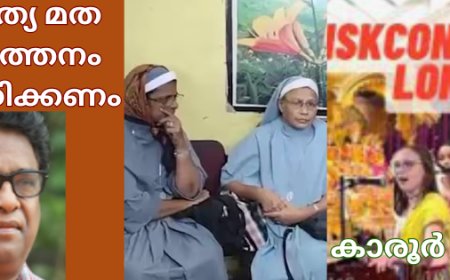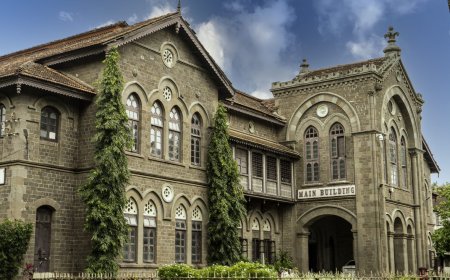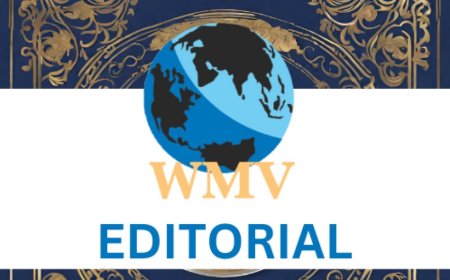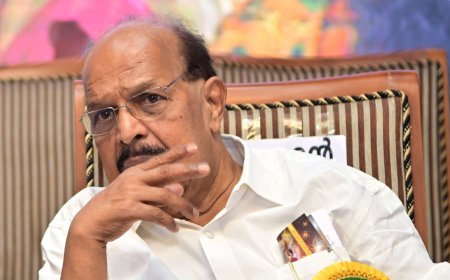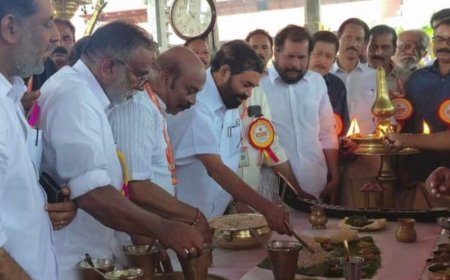‘Will continue demand for fair share in divisible pool’: Kerala Fin Min Balagopal
Follow TNM’s WhatsApp channel for news updates and story links.“Kerala will continue to demand a fair share in the Union government’s divisible pool of taxes, because if we don’t, that will give [the Union] the right to deny us our share. This doesn't mean Kerala will not take other steps to become competitive in the economy,” the state’s Finance Minister KN Balagopal said. He was speaking at the Kerala Finance Department’s one-day seminar on its achievements and future outlook held on Monday, October 13, at Ernakulam. The seminar is part of a series of 30 such events organised by various departments across the state under the banner of ‘Vision 2031’, with the aim of formulating a plan for Kerala’s 75th year of formation. Balagopal said that states undertake around 65% of total public expenditure, but nearly 65% of revenue goes to the Union government, leaving a fiscal burden on the states. Moreover, states have limited taxation powers, mainly restricted to petroleum products and liquor. He spoke in detail about the disadvantages the state faces under the Goods and Services Tax (GST) regime. “At the time of GST rollout, Kerala’s revenue neutral rate (RNR) was 14%, which is the GST rate required to maintain the state’s revenue at pre-GST levels. The benefits of GST reductions largely go to manufacturers rather than consumers. GST-related revenue losses for states are estimated to be significant, at around Rs 2 lakh crore, with new reductions potentially causing Rs 10,000 crore annual loss,” the minister said. Presiding over the inaugural session of the seminar, Finance Department Additional Chief Secretary KR Jyothilal said that Kerala’s share of central tax devolution has declined from 3.8% under the 10th Finance Commission to 1.9% under the 15th. He said that states like Kerala manage 62% of total public spending but receive only 37% of revenues. Kerala’s year-on-year growth in GST collection is 11%, while the growth in GST revenue is 2.2% During the session titled ‘Fiscal Federalism and the GST Regime’, Dr K Ravi Raman, member of the state planning board, said the reforms and cuts made to GST in September (GST 2.0) might not be a progressive step for many states. According to him, the issue lies in the lack of a system to ensure that the benefits of the tax cuts reach the consumer. “Tax advantages should be transferred to the consumer first and then to the economy. When this does not happen, the state also does not benefit. There is no system to ensure the transfer. This is how capitalism functions — benefits are retained by producers and costs are borne by the masses,” he said. Ravi Raman also contended that the conventional argument that lower tax rates lead to higher consumption does not apply to GST 2.0. “The argument that GST cuts will improve consumption is invalid,” he said citing low GST buoyancy. Tax buoyancy is a term that explains the relationship between the changes in tax revenue growth and those in Gross domestic product (GDP). He further said, “A second conventional argument is that tax cuts increase consumption, leading to more revenue for the state. But this consumption increase is for inferior goods that are already taxed at 0%. This means there will be no effective increase in the state’s revenue.” It is time that the separation between economics and politics be ended, he added. Two speakers who followed him – Prem Kumar, MD, Kerala Urban and Rural Development Financial Corporation, and KJ Joseph, Director, Gulati Institute of Finance and Taxation – emphasised on the need for transparency regarding data on GST collected, especially inter-state transaction data. “Digitisation of data should be made 100% and should be available for use by states also,” Prem Kumar said. Joseph also said that a comprehensive study on the effects of the GST regime is yet to be done, despite eight years of its rollout. He also suggested, “States should be given fiscal freedom to bring marginal changes to GST rates, with the GST council deciding upper and lower limits.” Sreelakshmi R, Kerala’s Additional Commissioner for GST, spoke about a major issue the state faces with regards to GST filing. “As we are a consumer state, issues with inter-state transactions are a major hurdle for Kerala. Our revenue depends on how a seller in an outside state files their tax returns. Often, sellers from other states fail to record the place of supply (i.e., consumer state) while filing GST returns. This results in the tax collected going to State GST and Central GST, instead of Integrated GST (IGST),” she explained. For a consumer state like Kerala, this results in no tax being levied. “The seller is not a tax evader in the system, but he pays SGST and CGST in place of IGST,” she stated, adding that the issue has been raised with the GST council. In another session titled ‘Exports and Seaport-led Development’, Centre for Development Studies director Prof C Veeramani stated, “For Kerala to achieve sustainable growth and l
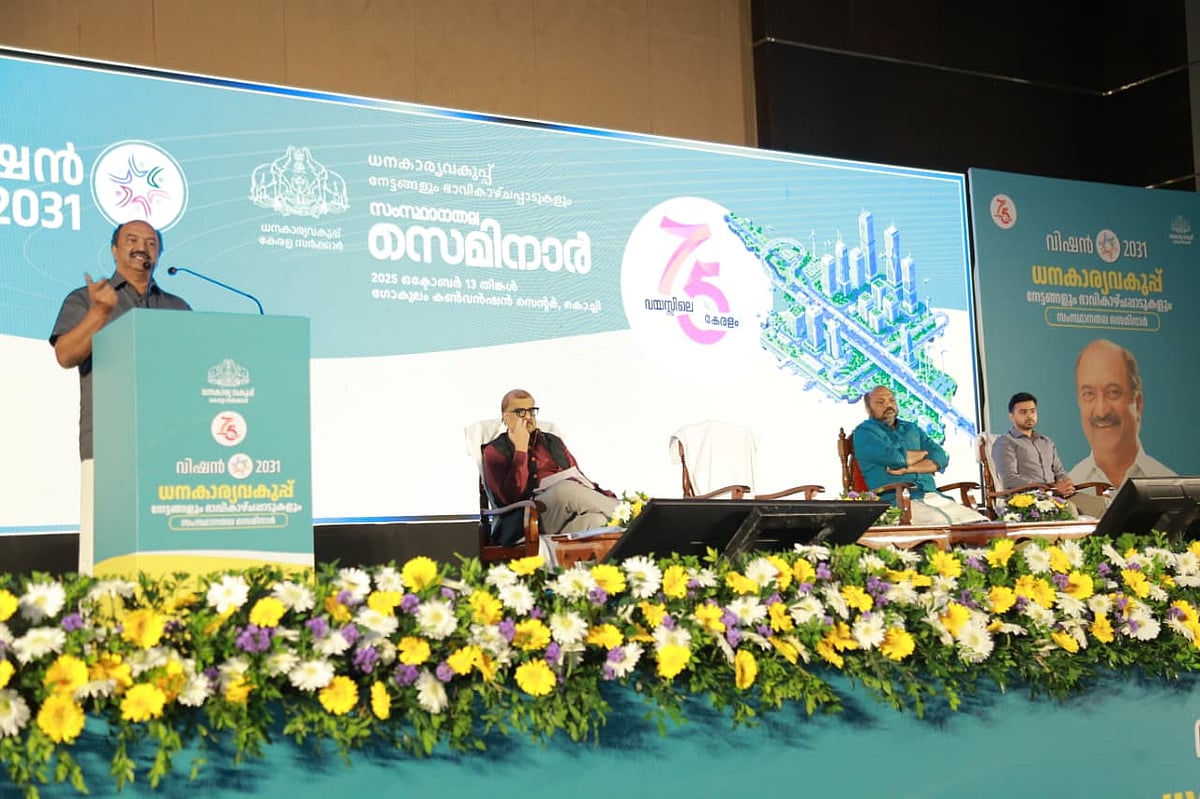
Follow TNM’s WhatsApp channel for news updates and story links.
“KERALA will continue to demand a fair share in the Union government’s divisible pool of taxes, because if we don’t, that will give [the Union] the right to deny us our share. This doesn't mean Kerala will not take other steps to become competitive in the economy,” the state’s Finance Minister KN Balagopal said.
He was speaking at the Kerala Finance Department’s one-day seminar on its achievements and future outlook held on Monday, October 13, at Ernakulam. The seminar is part of a series of 30 such events organised by various departments across the state under the banner of ‘Vision 2031’, to formulate a plan for Kerala’s 75th year of formation.
Balagopal said that states undertake around 65% of total public expenditure, but nearly 65% of revenue goes to the Union government, leaving a fiscal burden on the states. Moreover, states have limited taxation powers, mainly restricted to petroleum products and liquor. He spoke in detail about the disadvantages the state faces under the Goods and Services Tax (GST) regime.
“At the time of GST rollout, Kerala’s revenue neutral rate (RNR) was 14%, which is the GST rate required to maintain the state’s revenue at pre-GST levels. The benefits of GST reductions largely go to manufacturers rather than consumers. GST-related revenue losses for states are estimated to be significant, at around Rs 2 lakh crore, with new reductions potentially causing Rs 10,000 crore annual loss,” the minister said.
Presiding over the inaugural session of the seminar, Finance Department Additional Chief Secretary KR Jyothilal said that Kerala’s share of central tax devolution has declined from 3.8% under the 10th Finance Commission to 1.9% under the 15th. He said that states like Kerala manage 62% of total public spending but receive only 37% of revenues. Kerala’s year-on-year growth in GST collection is 11%, while the growth in GST revenue is 2.2%
During the session titled ‘Fiscal Federalism and the GST Regime’, Dr K Ravi Raman, member of the state planning board, said the reforms and cuts made to GST in September (GST 2.0) might not be a progressive step for many states. According to him, the issue lies in the lack of a system to ensure that the benefits of the tax cuts reach the consumer.
“Tax advantages should be transferred to the consumer first and then to the economy. When this does not happen, the state also does not benefit. There is no system to ensure the transfer. This is how capitalism functions — benefits are retained by producers and costs are borne by the masses,” he said.
Ravi Raman also contended that the conventional argument that lower tax rates lead to higher consumption does not apply to GST 2.0.
“The argument that GST cuts will improve consumption is invalid,” he said citing low GST buoyancy. Tax buoyancy is a term that explains the relationship between the changes in tax revenue growth and those in Gross domestic product (GDP).
He further said, “A second conventional argument is that tax cuts increase consumption, leading to more revenue for the state. But this consumption increase is for inferior goods that are already taxed at 0%. This means there will be no effective increase in the state’s revenue.”
It is time that the separation between economics and politics be ended, he added.
Two speakers who followed him – Prem Kumar, MD, Kerala Urban and Rural Development Financial Corporation, and KJ Joseph, Director, Gulati Institute of Finance and Taxation – emphasised on the need for transparency regarding data on GST collected, especially inter-state transaction data. “Digitisation of data should be made 100% and should be available for use by states also,” Prem Kumar said.
Joseph also said that a comprehensive study on the effects of the GST regime is yet to be done, despite eight years of its rollout. He also suggested, “States should be given fiscal freedom to bring marginal changes to GST rates, with the GST council deciding upper and lower limits.”
Sreelakshmi R, Kerala’s Additional Commissioner for GST, spoke about a major issue the state faces with regards to GST filing.
“As we are a consumer state, issues with inter-state transactions are a major hurdle for Kerala. Our revenue depends on how a seller in an outside state files their tax returns. Often, sellers from other states fail to record the place of supply (i.e., consumer state) while filing GST returns. This results in the tax collected going to State GST and Central GST, instead of Integrated GST (IGST),” she explained. For a consumer state like Kerala, this results in no tax being levied.
“The seller is not a tax evader in the system, but he pays SGST and CGST in place of IGST,” she stated, adding that the issue has been raised with the GST council.
In another session titled ‘Exports and Seaport-led Development’, Centre for Development Studies director Prof C Veeramani stated, “For Kerala to achieve sustainable growth and large-scale employment generation, it must reorient towards an open, globally connected, port-led development model.”
Others who spoke in the session include B Kasiviswanathan, chairman of the Cochin Port Authority, VKC Rasak, state chairman of the Confederate of Indian Industries, and Divya S Iyer IAS, the MD of Vizhinjam Port.
The one-day seminar also had a session, ‘Kerala’s Fiscal Growth Models and New Opportunities.’
CJ George, the founding MD of Geojit Financial Services, proposed that Kerala’s local self-governments be empowered to access market capital through project-specific and community-based fundraising initiatives.
According to him, regulatory reforms, Union government support, and targeted capacity building can help local bodies achieve financial autonomy and efficiency.
